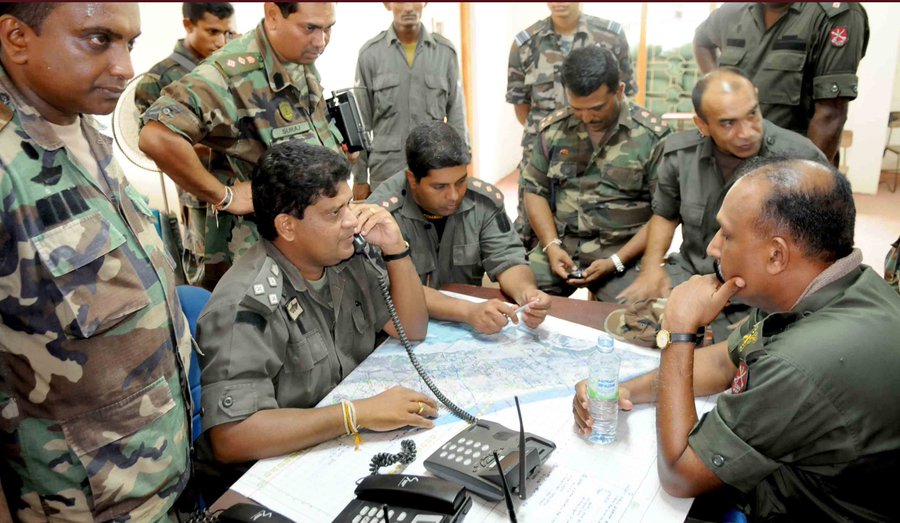Powder Keg
In the run up to last month's referendum in South Sudan, it was widely accepted that the overwhelming majority would opt for independence. Similarly, even before Kosovo unilaterally declared independence two years ago, it was widely agreed that the majority of its people endorsed the move.
What is striking, therefore, is what went before in these places. Sudan's civil war raged for four decades before the 2005 peace agreement. And when the international community ended the post-Cold War firestorm in the Balkans with the 1995 Dayton Accords, the Kosovars, despite their pleas, were actively excluded. Instead, they were told to make the best of it under Serbia's rule.




